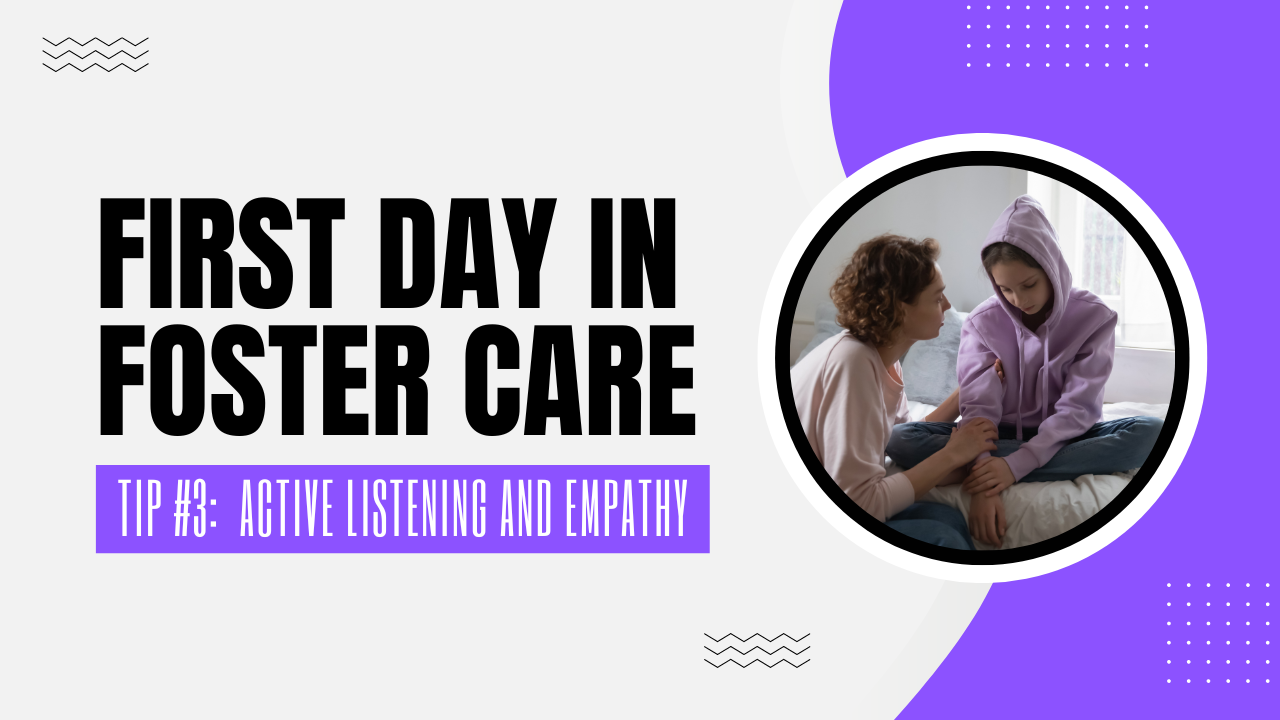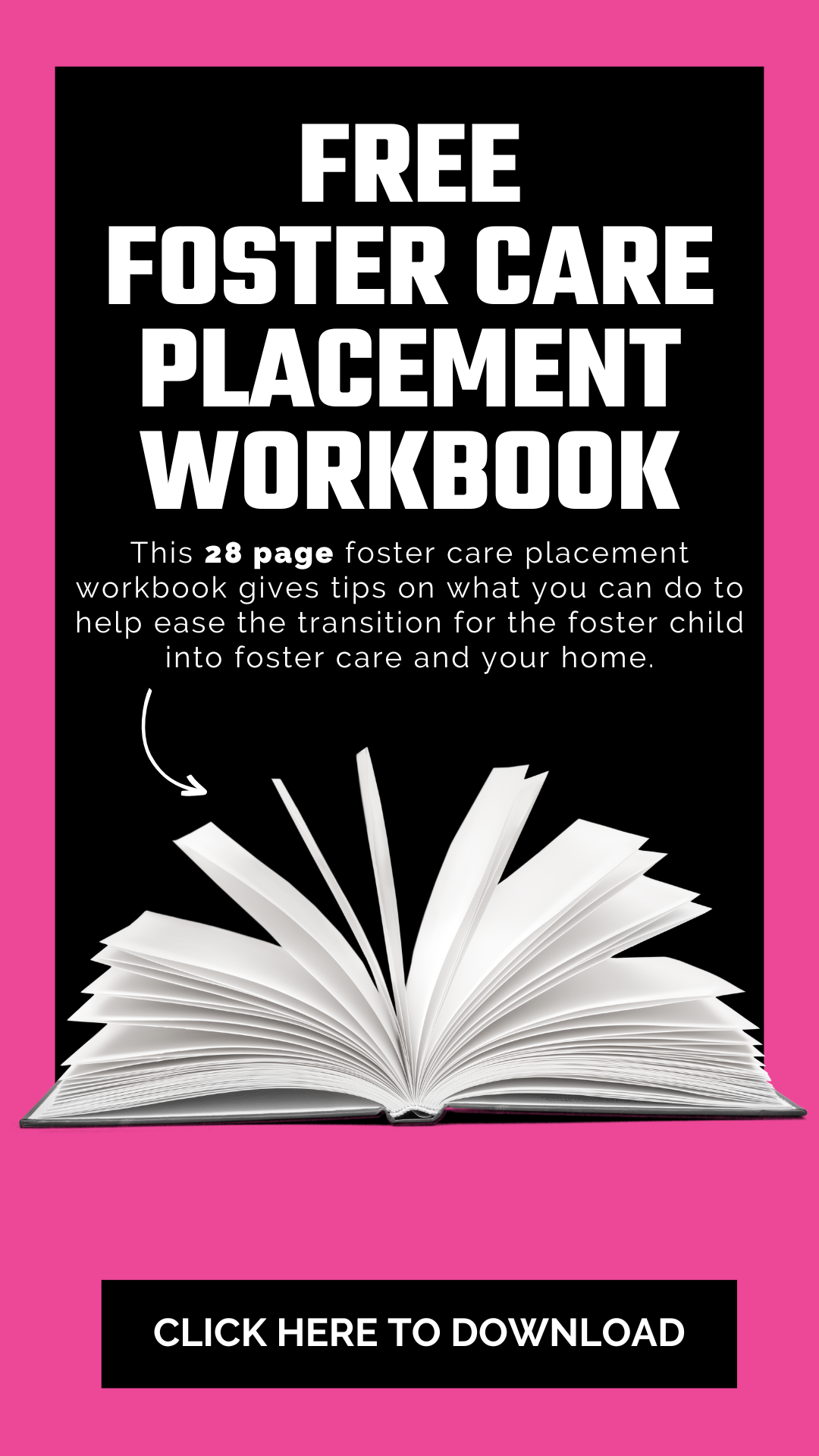
The final entry of our “first day in foster care tips” series for foster parents notes the importance of following the newly placed child’s lead on communication:
Take the time to invite a conversation on that first day, but don’t press it if the child doesn’t seem talkative. Ask if they have any questions about the agency, community, home, or yourself or other family members. Be sure to let them know that they’re always free to ask about anything, and if you don’t know the answer you’ll try to find someone who might. Keeping the conversation general won’t pressure kids to talk before they’re ready.
In their excitement, foster parents may forget how traumatic this moment is for the child. Often, after the social workers leave, the kids seek out the adults and talk about random things. This is a great time to listen. Remember, they may have faced significant challenges or traumas prior to their arrival, so may not have much to say until they feel more trusting of you and your home. Acknowledging and validating their feelings and being empathetic to their needs will help build trust and create a safe space for them to open up.
Above all on the first day, remember to meet the basic needs of food, shelter and safety. Spend a little extra time at bedtime making sure they’re comfortable, (imagine how you would feel if you were in their shoes, and what might help you get through that first night).
The first day in a foster home can be a pivotal moment in a child’s life and sets the tone for their overall experience. By employing empathy and implementing these strategies, foster parents can create a nurturing and supportive environment that facilitates a smoother transition. Remember, patience, empathy, and consistent support are the foundations for helping a child adjust to your home.


